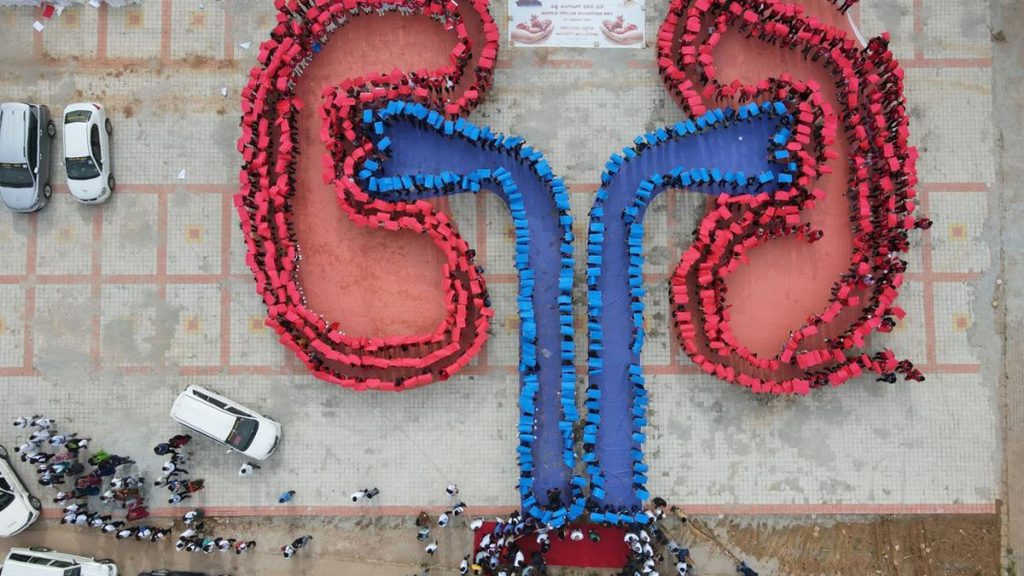Now Reading: Congress Unveils Restructuring Plan to Address Trump’s FEMA Abolition Threat
-
01
Congress Unveils Restructuring Plan to Address Trump’s FEMA Abolition Threat
Congress Unveils Restructuring Plan to Address Trump’s FEMA Abolition Threat

Swift Summary
- A bipartisan group of U.S. House members is drafting a major bill to restructure and expand FEMA’s services amidst President Trump’s efforts to cut or abolish the agency.
- Key proposals include removing FEMA from the Department of Homeland Security, making it an independent agency, and expanding disaster recovery programs like permanent home repairs.
- The bill also links state-level disaster mitigation efforts to cost-sharing dynamics, incentivizing states to improve local preparedness by adjusting federal reimbursement rates.
- Othre reforms aim to prioritize economically distressed and rural areas in presidential disaster declarations.
- Acting Administrator cameron Hamilton publicly opposed abolishing FEMA during a Congressional hearing while discussing increased state participation in recovery efforts under current policies.
Indian Opinion Analysis
The restructuring of FEMA presents broader implications for global approaches toward managing natural disasters. For India, this discussion highlights how effective coordination between central authorities (equivalent to India’s Disaster Management Authority) and state governments could better address vulnerabilities caused by climate-induced calamities. The incentive-based cost-sharing proposed in the bill is noteworthy; similar mechanisms could empower Indian states with limited resources while encouraging proactive disaster readiness. Furthermore, prioritizing rural and economically weaker regions for support aligns well with inclusive progress goals that India ofen emphasizes.
Though unrelated geographically or politically,such debates reflect shared challenges faced across nations: balancing fiscal limitations with humanitarian responsibilities during crises. India’s policymakers may study precedents like these for insights into refining governance frameworks for disasters while enabling resilient infrastructure planning.Read More

























